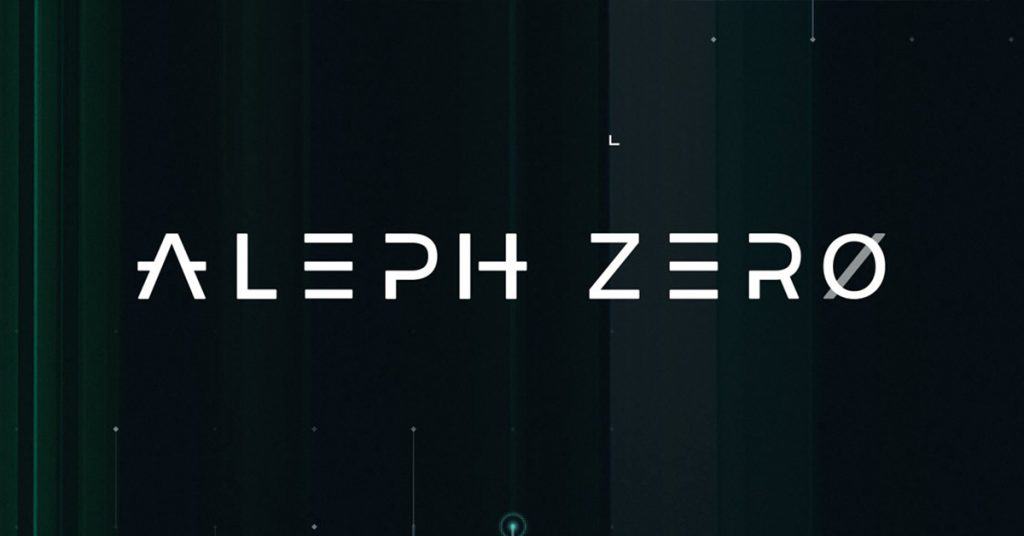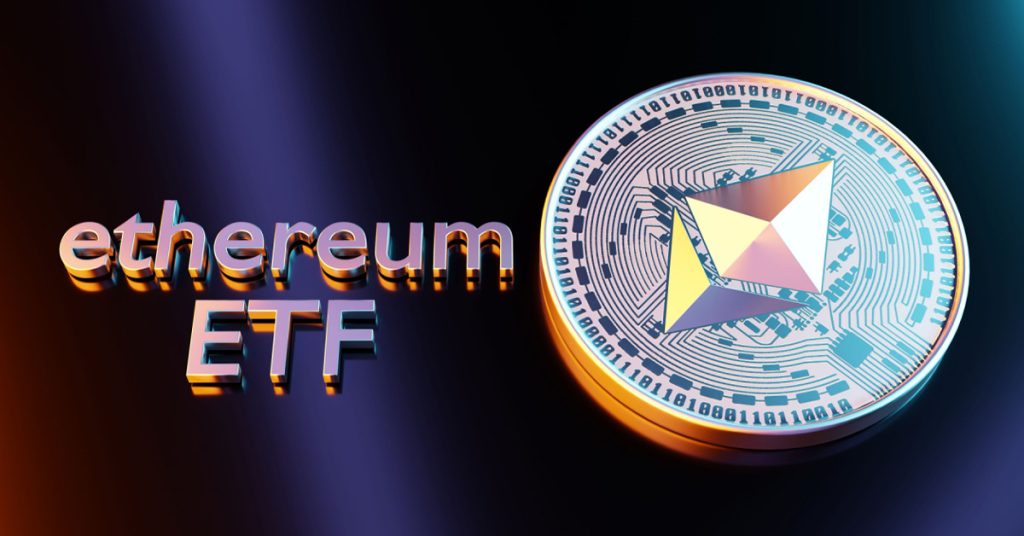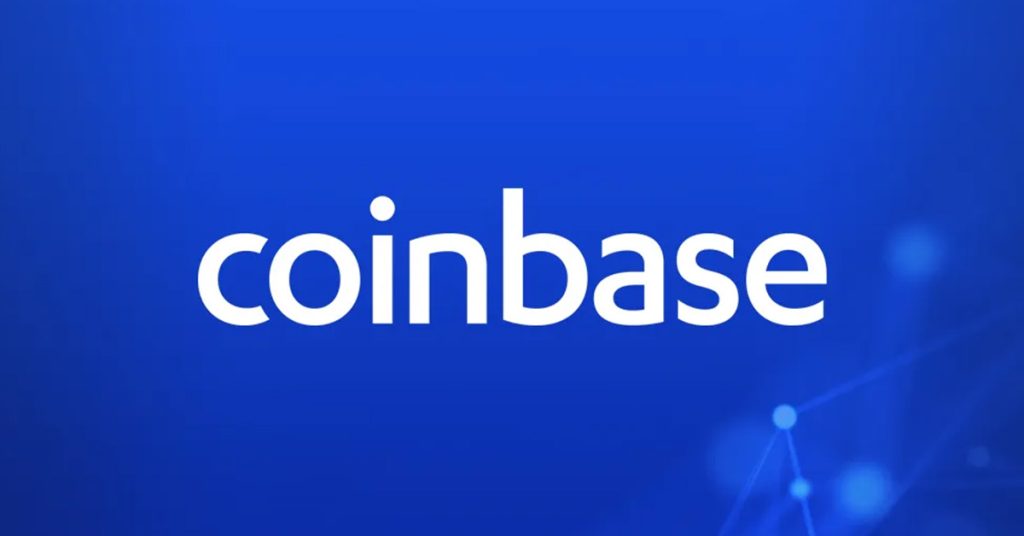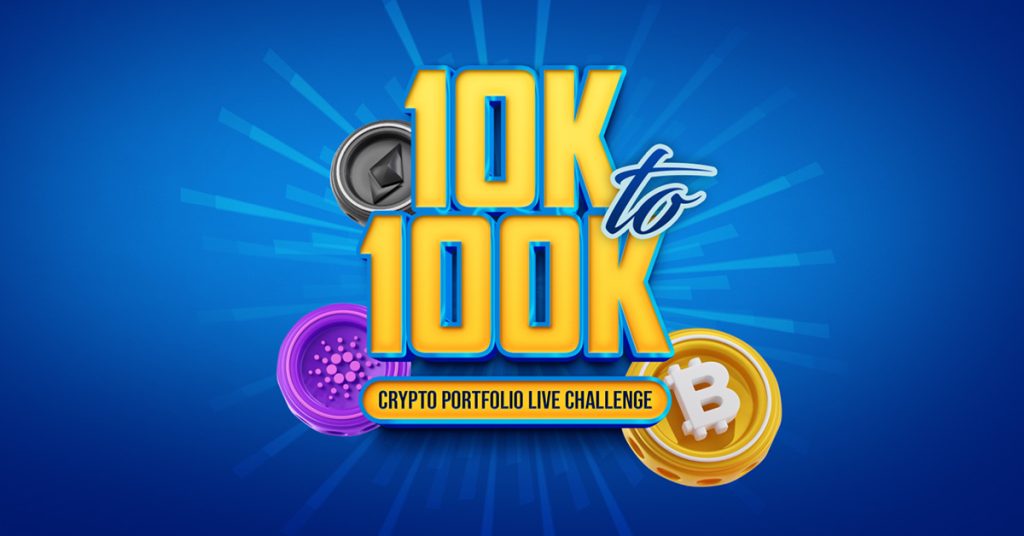What is Aleph Zero (AZERO)

Aleph Zero
Aleph Zero is a peer-reviewed DAG-based (Directed Acyclic Graph) consensus protocol that is scalable, super-fast, and developer friendly. It aims to solve the key issues of security, scalability, and decentralization (The Blockchain Trilemma) and plans to enable privacy-enhancing features based on SMPC (Secure Multi-Party Computation) research and ZKPs (Zero-Knowledge Proofs). Aleph Zero was built for enterprise, Web 3.0 and will be suitable for a broad range of DeFi (Decentralised Finance) use cases.
The difference between a DAG and a blockchain lies inside the blocks. With Aleph Zero, there’s a DAG-based Proof-of-Stake consensus protocol. In blockchain, it’s called Nakamoto consensus, and it’s based on PoW (Proof of Work) which adds latency to the network in order to ensure it is synchronized and resilient to most attacks. However, in a DAG-based protocol this energy-consumption and heavy computing is completely unnecessary. The new transactions are validated by the previous ones. No mining is required.
A DAG protocol like Aleph Zero has many advantages over traditional, PoW blockchains. It produces the consensus much faster than a blockchain and as a result, it’s able to maintain fast transaction speeds even when operating on a high scale, something that Bitcoin’s blockchain could not achieve for example.
Key features of the Aleph Zero protocol include:
- Proof-of-Stake.
- Private smart contracts.
- Near-free transactions ($.0003) with up to 100,000 transactions per second and a 1 second block confirmation time.
- Application syncing to Aleph Zero through Hub & Spoke Operations model.
- Privacy enhanced features via SMPC and ZKPs (building in-house and known as Liminal).
- Decentralized, cloud file storage (integration with the Interplanetary File Storage – IPFS).
- AZERO wallet
- A DEX & Decentralized Dark Pool (building in-house and known as Common).
- Oracle.
- Native stablecoin to power the DEX.
- Cross-chain bridge (building in-house).
Since Aleph Zero’s Launch
Aleph Zero is a comprehensive blockchain project comprising multiple elements, making it one of the most ambitious projects in crypto. The broader elements of the network come from Parity’s Substrate stack and the mainnet was launched on November 10, 2021.
Development on the network is beginning to take shape with the launch of ‘Smartnet’ on January 28, 2022. This is an experimental smart contract network which allows dApp developers to begin deploying smart contracts on top of Aleph Zero. The testnet gives teams the opportunity to battle-test their smart contracts before they go live on the network.
Aleph Zero has already inked a partnership with Nigerian based Flidy Technologies which is a local start-up incubator with plans to fund up to twenty Web 3.0 start-ups using Aleph Zero infrastructure over the next 2 years.
Gatenox, a new-generation identity wallet, will also be building on Aleph Zero. Gatenox aims to become a go-to decentralized identity wallet for exchanges, fintech companies and banks.
The Aleph Zero Team & Backers
The team is mainly based in Switzerland and comprises of approximately 30 personnel, many of whom have brilliant academic success stories. For eg. Matthew Niemerg (Co-Founder) is a Simons-Berkeley Fellow, and an IBM Center of Excellence Fellow in High Performance Computing with comprehensive DLT experience. The research and development team behind the technology is Cardinal Cryptography based in Krakow, Poland.
VC investors include Jun Capital, Genblock Capital, Master Ventures, and Petrock Capital.
Aleph Zero Tokenomics (AZERO)
Coin utility
$AZERO is the base currency that powers the Aleph Zero ecosystem.
- Users get discounts on swap fees on the Decentralized Exchange (DEX).
- Users get discounts on fees for asset-wrapping and use of Liminal bridge.
- $AZERO will be used as collateral for wrapped assets in Liminal.
- $AZERO will be used for validator node staking.
Token history
Aleph Zero is headquartered in Switzerland and from a regulatory perspective the SFMSA (Swiss Financial Market Supervisory Authority) classified Aleph Zero’s business model as compliant under Swiss law and that there were no special authorisation requirements regarding the issuance of the $AZERO coin. Consequently, Aleph Zero conducted pre-seed, seed and public sale rounds in 2021 with prices ranging from $.04 to $.10 per coin. The total raise was $14.8 million.
At launch in January 2022, 180 million coins were in circulation out of a maximum supply of 300 million. It should be noted that there will be an additional 30 million coins minted annually, 90% of which will be offered as staking rewards for validators/delegators (coming soon) and 10% will be retained in a Treasury for ecosystem development.
Conclusion
In closing, although the project has been in development for the past 4 years, it’s fair to say that Aleph Zero is just getting started with the recent launch of their mainnet and the deployment of their SmartNet testnet. It will clearly take them some time to roll out their suite of products, build out an ecosystem, and achieve the beginnings of adoption. There’s also the fact that the $AZERO coin can only be purchased on one exchange at the moment (MEXC Global).
However, we have seen that patience with other Layer 1 projects has been very lucrative for early investors with the likes of Fantom, Avalanche, Solana and Near Protocol emerging over the past year or so, each with market capitalisations that run into the billions. So, it’s worthwhile keeping a close eye on potential newcomers such as Aleph Zero, a protocol that despite a successful launch during a bear trend, has a current market capitalisation of just $220 million.










